Human Biolin Triglycerides Biochemistry Reagent – 100 Test
3,500.00৳ Original price was: 3,500.00৳ .3,100.00৳ Current price is: 3,100.00৳ .
- Brand: Human Biolin GmbH
- Origin: Germany
- Packing Size: 2×50 ml
- Number of Tests: 100 Test
প্রোডাক্টি কেনার আগে আমাদের সাথে যোগাযোগ করে প্রোডাক্টির বর্তমান দাম সম্পর্কে জেনে নিবে
| Weight | 2 kg |
|---|
Human Biolin Triglycerides Biochemistry Reagent – 100 Test
The Human Biolin Triglycerides Biochemistry Reagent – 100 Test is a specific solution used in clinical laboratories to measure the concentration of triglycerides in blood serum or plasma. Triglycerides are a type of fat found in your bloodstream and play a role in energy storage.
Here’s a breakdown of the key information about this reagent and triglyceride testing:
Purpose of Triglyceride Testing:
- Assesses heart disease risk: High triglyceride levels are a risk factor for atherosclerosis, a condition characterized by plaque buildup in arteries. This can lead to coronary artery disease, stroke, and peripheral artery disease.
- Monitors metabolic health: Triglyceride levels can be elevated in conditions like obesity, diabetes, and metabolic syndrome.
- Helps diagnose certain medical conditions: Very high triglyceride levels can sometimes indicate pancreatitis (inflammation of the pancreas) or other health problems.
Function of the Human Biolin Triglycerides Biochemistry Reagent:
- This reagent is used in a chemical reaction that involves triglycerides in the blood sample. The reagent interacts with triglycerides, causing a color change or a change in light absorption.
- The extent of this change is then measured by a device (spectrophotometer) to determine the triglyceride concentration in the blood.
Benefits of Triglyceride Testing:
- Relatively simple and common blood test.
- Provides valuable information about heart disease risk and overall metabolic health.
Limitations of Triglyceride Testing:
- Recent high-fat meals can temporarily elevate triglyceride levels. Fasting for a specific period before the test is often recommended for accurate results.
- Triglyceride levels alone may not be enough to determine heart disease risk. Other factors like cholesterol levels and blood pressure are also considered.
Applications of Triglyceride Testing:
- Ordered by a doctor as part of a routine blood panel or to investigate suspected heart disease, metabolic disorders, or other conditions.
- Monitored over time to track the effectiveness of lifestyle changes or medications aimed at lowering triglycerides.
Important Considerations:
- A triglyceride test result should be interpreted by a healthcare professional considering your medical history, symptoms, and other relevant tests.
- Abnormal triglyceride levels may require dietary modifications, increased physical activity, or medications to manage heart disease risk or other underlying conditions.
Only logged in customers who have purchased this product may leave a review.

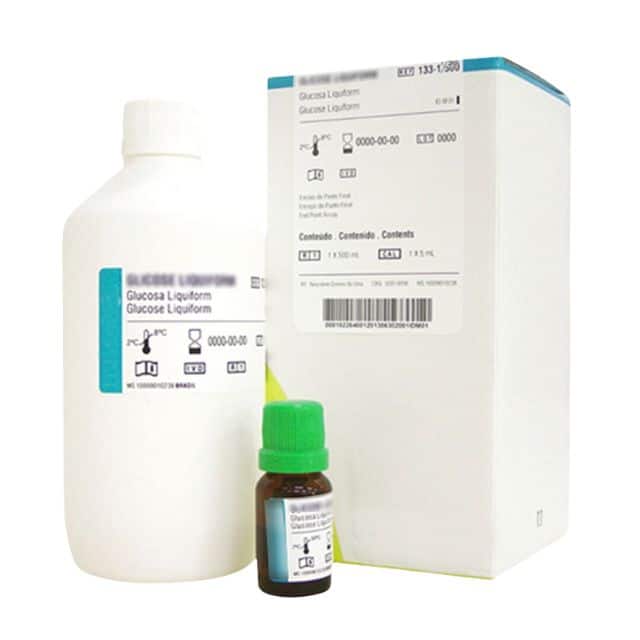
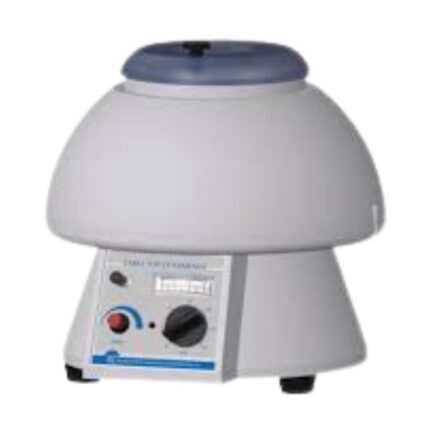
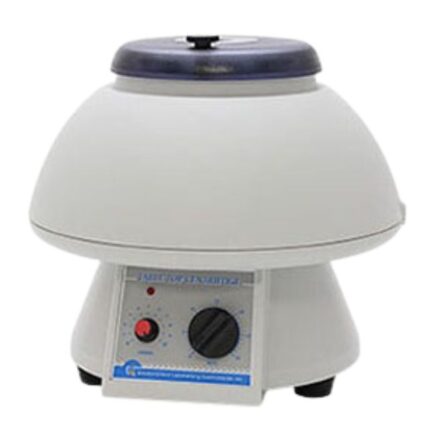
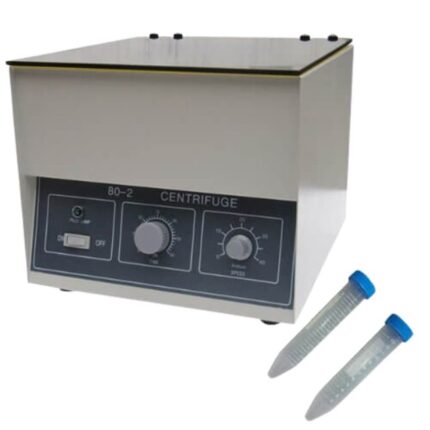
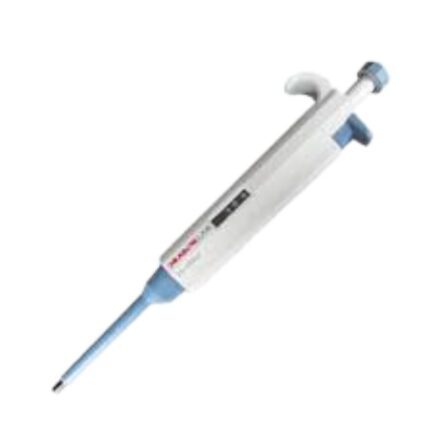
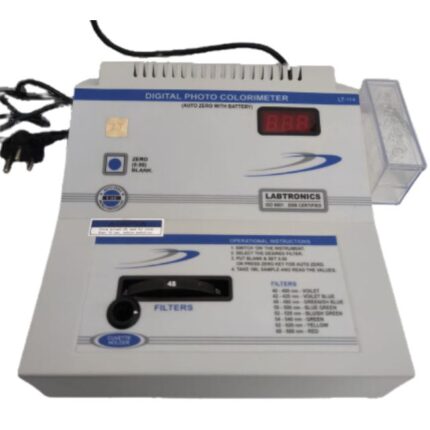
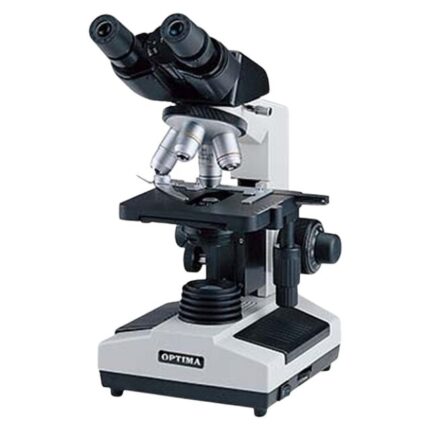
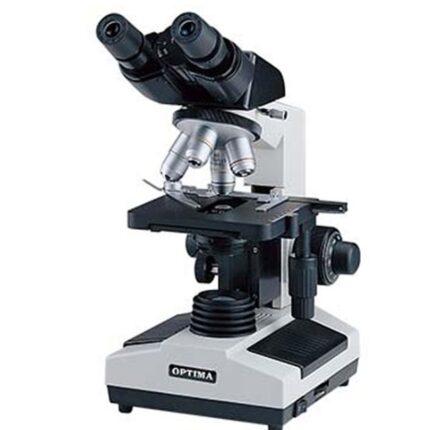
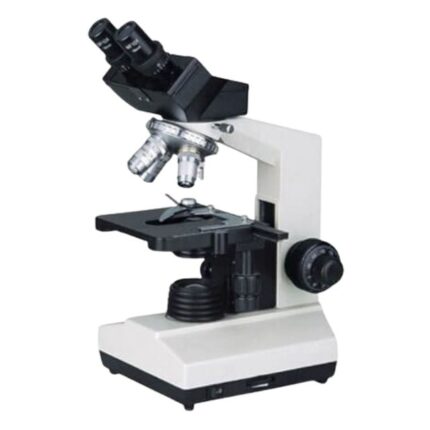
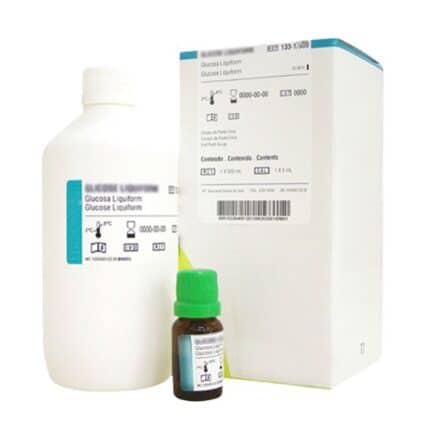
Reviews
There are no reviews yet.